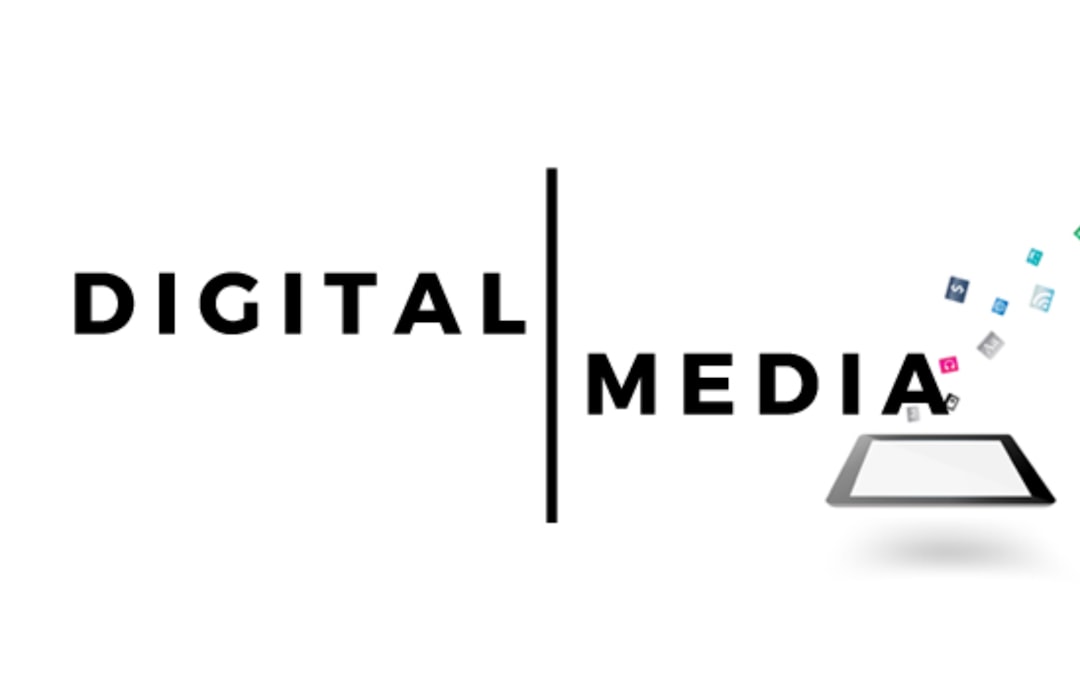In a digital era marked by rapid technological advancements, the synergy between artificial intelligence (AI) and human expertise is transforming the landscape of content marketing. What once relied heavily on human intuition, creativity, and effort is now increasingly enhanced by sophisticated AI tools that streamline content creation, optimize distribution, and provide data-driven insights. As we look ahead, the future of content marketing lies in the harmonious collaboration between AI technologies and human marketers—where each compensates for the other’s limitations and amplifies strengths.
Understanding the Role of AI in Content Marketing
AI is far more than a futuristic buzzword in the context of marketing; it is a critical enabler of efficient and effective strategies. AI applications in content marketing often include:
- Natural Language Processing (NLP) tools that generate articles, summaries, and scripts.
- Predictive analytics to forecast content performance.
- SEO optimization tools that suggest keywords, headlines, and structure.
- Personalization engines that tailor content to specific user segments based on behavior.
These tools allow marketers to scale operations efficiently, saving time and resources. However, AI alone cannot replicate emotional intelligence, context awareness, or original thought—an area where human creators maintain a distinct advantage.
Why Human Expertise Still Matters
Despite AI’s growing capabilities, the human element remains indispensable in content marketing. People understand nuance, cultural context, tone, and the deeper psychological factors that drive engagement. Human writers can:
- Infuse content with authentic storytelling.
- Address sensitive or controversial topics with empathy and finesse.
- Make strategic decisions based on brand values, mission, and long-term vision.
Moreover, trust is a vital factor in content consumption. Audiences are often more receptive to content that feels genuine and human-made rather than mechanical or automated. Crafting a compelling brand voice and fostering emotional engagement are tasks best performed by human minds, in collaboration with AI tools.

The Rise of AI-Human Collaboration Models
The best of both worlds can be achieved when marketers design workflows that integrate AI and human input seamlessly. This collaborative model can include:
1. AI-Generated Drafts, Human Polishing
AI tools can produce rough drafts of articles, social media posts, or video scripts rapidly. Human content creators can then refine these drafts, adding depth, narrative coherence, and brand voice. This setup ensures productivity without sacrificing quality.
2. Data-Driven Insights, Human Interpretation
AI systems can analyze vast amounts of data on audience behavior, content performance, and market trends. But it is up to human experts to interpret the data, ask meaningful questions, and pivot strategies based on overarching goals and human logic.
3. AI Tools for Personalization, Human Oversight
AI excels at delivering personalized content to different segments. However, it requires human supervision to ensure ethical considerations are upheld and messages align with brand reputation.
Putting human intuition and creativity together with machine efficiency creates a workflow greater than the sum of its parts. This symbiosis is already shaping marketing functions in e-commerce, media, finance, and beyond.
Challenges and Ethical Considerations
As AI becomes more involved in content creation, marketers must navigate some significant challenges. These include:
- Authenticity: Will readers trust AI-generated content?
- Bias: AI models are only as unbiased as the data they’re trained on.
- Plagiarism: AI-generated outputs sometimes emulate existing content too closely.
- Transparency: Should companies disclose AI usage in content creation?
Addressing these questions requires clear governance and ethical boundaries. Responsible marketers will need to establish protocols that combine transparency with accountability, ensuring AI content contributions are accurate and respectful of user trust.

Benefits of AI-Human Collaboration
When used thoughtfully, the integration of AI into content processes can offer significant advantages beyond cost savings and time efficiency:
- Scalability: AI enables the creation and repurposing of large volumes of content across platforms and languages.
- Enhanced Creativity: AI tools can serve as brainstorming partners, offering suggestions that human creators may not have considered.
- Speed to Market: Automated tools help brands respond more rapidly to market changes and trending topics.
- Improved ROI: Smarter targeting and better metrics make campaigns more impactful.
When AI tools are leveraged as assistants rather than replacements, they open doors to innovative formats—such as dynamic storytelling, real-time content personalization, and adaptive video content.
Future Outlook: What to Expect
As AI technology matures, the future of content marketing will be characterized by continuous evolution and refinement. We can expect to see:
1. More Human-Centered AI
Next-generation AI tools will prioritize empathy, tone, and cultural understanding by integrating human feedback into their learning loops. This will make AI-generated content more reflective of human values.
2. Hybrid Roles in Marketing Teams
New roles will emerge that require fluency in both AI tools and storytelling, such as “AI content editor” or “machine learning strategist.” Companies will seek professionals who bridge creative and analytical mindsets.
3. Integration with Immersive Technologies
AI-driven content will increasingly power immersive experiences via augmented reality (AR), virtual reality (VR), and interactive storytelling platforms.
The tide is shifting toward a marketing world in which humans and machines operate as collaborative partners—not adversaries. Organizations that embrace this future with clear strategies and ethical foundations will unlock unparalleled opportunities for growth and audience connection.
Conclusion
AI is not here to replace human content creators but to empower and elevate them. By automating repetitive tasks and offering deep insights, AI frees up time and mental energy for marketers to focus on what humans do best—connecting, empathizing, and inspiring.
The true power of content marketing in the future will not lie solely in advanced algorithms or creative genius, but in the balanced integration of both. The companies that succeed will be those that build ecosystems where human creativity and machine intelligence thrive side by side.
In this ever-evolving digital landscape, collaboration—not competition—between humans and machines will define the future of content marketing.






